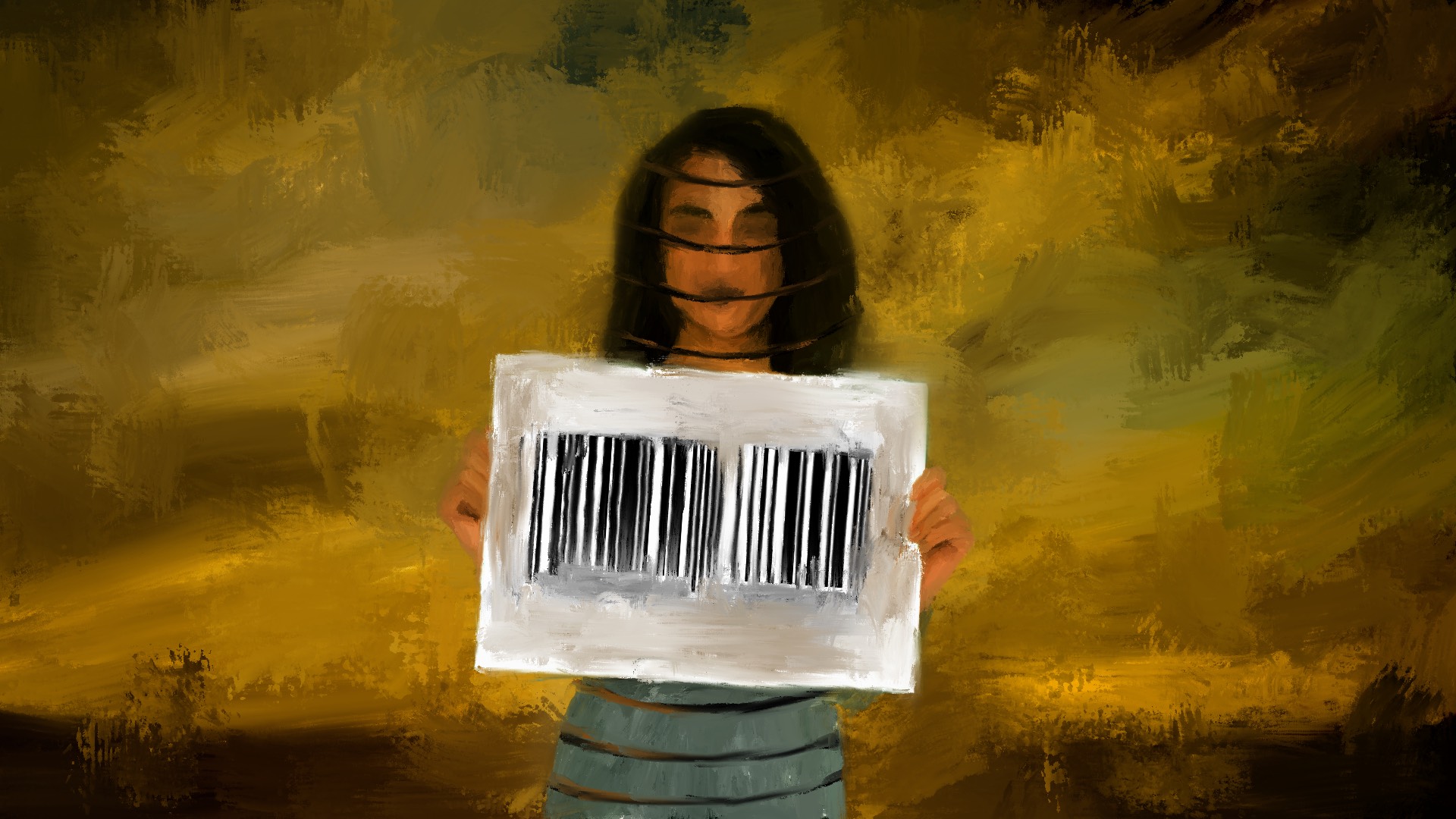“Hi! I’m Mr. Callan.”
“Hello, I’m Amrita.”
“Rita – nice to meet you.”
“No, it’s Amrita.”
“Rithap – what a lovely name.”
“No, Amrita.”
“Mrithap.”
Sensing a frustration in his voice, I spelt it out: “A-M-R-I-T-A. Amrita”
“Oh! AM-REETA. That’s such a beautiful name. It is wonderful to meet you.”
The verb ‘am’ and the anglicised pronunciation of ‘Rita’. I was 12 when I had this conversation with a middle-aged Caucasian Canadian man. My family had recently moved countries and I had been enrolled in an international school. Mr. Callan was the school principal. He proceeded to give me a tour of the school and introduced me to all the teachers as ‘AM-REETA’.
My identity had been altered and I felt too small to try again and correct everybody.
I had French first period. Madame Blaise made us all pick out a French name for the class. I chose Stéphanie.
“Oh,” Madame Blaise exclaimed. “Your actual name should be Stéphanie. It would be so much easier.”
“What’s in a name? That which we call a rose
By any other name would smell as sweet”.
My existence was inconvenient. I was causing pain. I started keeping quiet, speaking only when spoken to. I tried to be invisible, hoping to minimise the discomfort of my peers and teachers. Over time, like the two other desi kids in the school, I too co-opted the anglicisation to fit in. I introduced myself as AM-REETA. I even coined a nifty little joke around my name to break the ice and place others at comfort.
§
The experience of understanding one’s identity is intensely personal, a learning process and a constant negotiation. It is shaped by our understanding of ourselves, our surroundings and the people around us. I had to learn to code-switch to fit in and later had to renegotiate what and how much I was comfortable switching. I retreated into a shell at times, unsure of my place in some conversations, only to emerge louder and stronger in others. Some of these hurt, and in other conversations, I likely hurt others. I discovered other identities and learnt to accept and celebrate their existence.
Today, our government wants to enter this extremely personal conversation. Today, we all must publicly line up to be certified. To be certified ‘Indian’ enough. To be certified ‘transgender’ enough.
Twelve years ago, when I didn’t know how to introduce myself or where I called home, when I was confused in a foreign land, I unflinchingly knew that I was Indian. Being Indian is the centre of my compass, rooting me as I travel as far as the heart desires, creating my place in the world. It is the core of my existence.
Also read: How I Broke Away From the Indian Standard of Expectations in the Middle East
But that isn’t enough. My sense of self isn’t enough for the government. It wants documentary proof of who I believe myself to be. I have enough privilege attached to my name to be able to pass the triple CAA-NRC-NPR minefield. And yet, I have never felt this humiliated.
When a non-desi person gets my name wrong, I am exasperated, not humiliated – most of them aren’t operating from a place of malice, they just don’t know any better – which still isn’t okay but that’s a different conversation.
Our government is functioning with a profound intent to hurt and damage. To inflict eternal pain on generations forever.
My personal journey of making sense of my identity in the global context seems trivial in comparison. And yet it took about six years and a change of setting for me to slowly regain confidence in my narrative and my identity. I eventually dropped the anglicisation, and one day hopefully the remnant feelings of inadequacy will drift away and I will be brave enough like Hasan Minhaj to keep correcting the person in front of me to pronounce my name exactly the way the I do.
I can’t begin to fathom the further onslaught of humiliation others less privileged will have to continue to brave – where every act of resistance is anti-national, where every breath can be the last. And yet, there is no other way to exist. We may never be able recognise the insidious demons birthed by this government’s policies. We will neither be able to quantify the desecration of our psyche nor understand how long it will take us to recover.
What gives our government the audacity to ask 1.3 billion people to prove their identities? What gives our government the right to question our existence?
Amrita Roy grew up (feeling like she never quite fit in) across a bunch of different places in India and abroad, and is a media/entertainment professional aspiring to improve representation both in front and behind the camera.
Featured image credit: Pariplab Chakraborty

